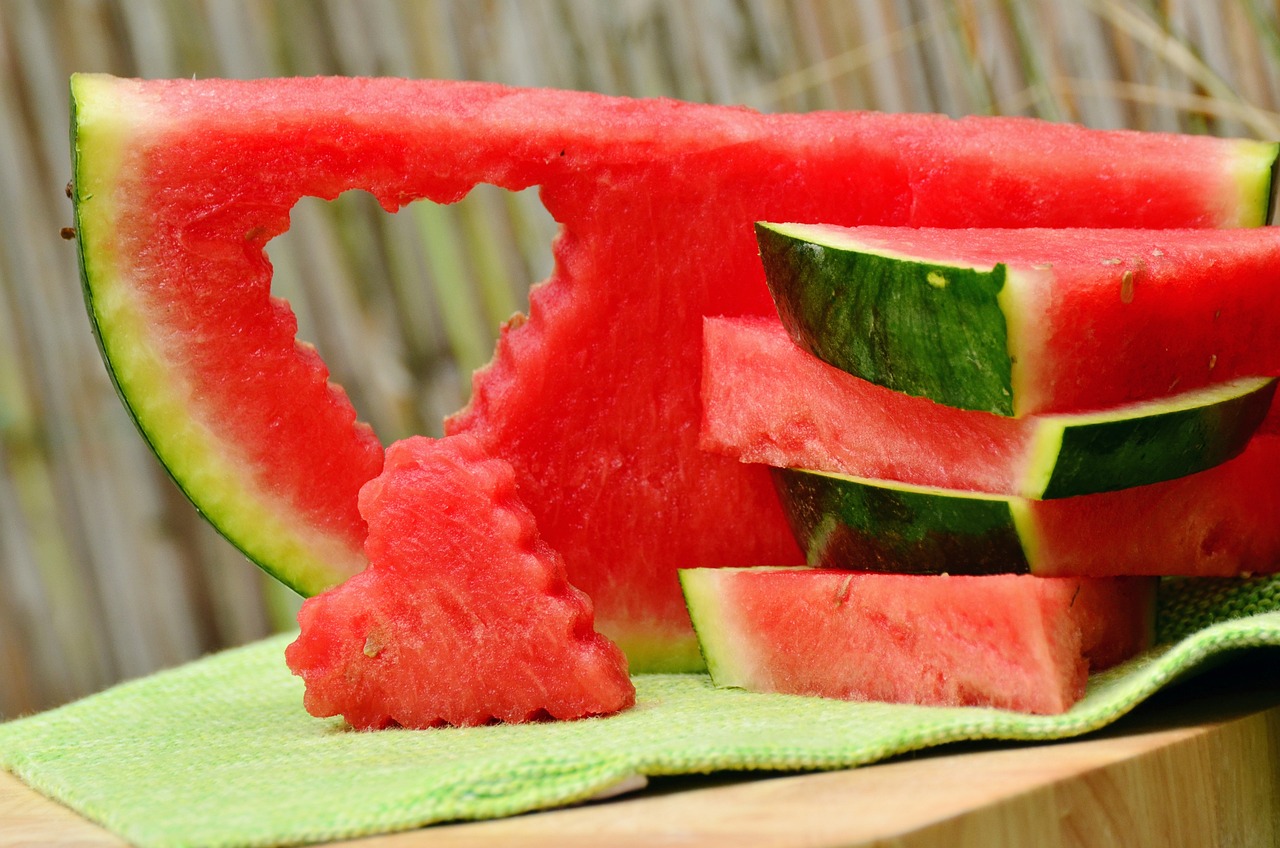The Role of Bees in Food Safety: Cricbet 99, Sky1exchange com, Reddy anna book
cricbet 99, sky1exchange com, reddy anna book: Bees play a crucial role in food safety, yet many people may not realize the extent of their impact. These tiny pollinators are responsible for pollinating a large percentage of the world’s food crops, ensuring the production of fruits, vegetables, nuts, and seeds that make up a significant portion of our diets. Without bees, our food supply would be severely threatened, leading to potential food shortages and increased prices. In this article, we will explore the essential role that bees play in food safety and why their conservation is essential for our future.
The Process of Pollination
Pollination is the process by which pollen is transferred from the male reproductive organs of a flower to the female reproductive organs, leading to fertilization and the production of seeds. Bees are one of the most common pollinators, visiting flowers to collect nectar and pollen as food sources. As they move from flower to flower, they inadvertently transfer pollen, allowing plants to produce fruit and seeds.
The Role of Bees in Food Safety
Bees are essential for the pollination of many food crops, including fruits such as apples, berries, and citrus fruits, vegetables like broccoli, squash, and tomatoes, nuts such as almonds and cashews, and seeds like sunflower seeds and canola seeds. Without bees, the production of these crops would be severely reduced, leading to lower yields and potentially impacting food availability and prices.
In addition to directly pollinating food crops, bees also play a role in the pollination of forage crops for livestock, such as alfalfa. These crops are essential for the production of meat and dairy products, further highlighting the importance of bees in food safety.
The Decline of Bee Populations
Despite their critical role in food safety, bee populations around the world are facing significant declines. Factors such as habitat loss, pesticide use, disease, and climate change are contributing to the decline of bee populations, putting our food supply at risk.
The Importance of Bee Conservation
Conserving bees is essential for maintaining food security and biodiversity. By preserving bee populations, we can ensure the continued pollination of crops and the production of food for future generations. There are several ways individuals can help support bee conservation efforts, such as planting bee-friendly plants, reducing pesticide use, and providing nesting sites for bees.
FAQs
Q: Why are bees important for food safety?
A: Bees are essential for the pollination of many food crops, including fruits, vegetables, nuts, and seeds. Without bees, the production of these crops would be severely reduced, leading to potential food shortages and increased prices.
Q: What are some factors contributing to the decline of bee populations?
A: Factors such as habitat loss, pesticide use, disease, and climate change are contributing to the decline of bee populations around the world.
Q: How can individuals help support bee conservation efforts?
A: Individuals can help support bee conservation efforts by planting bee-friendly plants, reducing pesticide use, and providing nesting sites for bees in their gardens.
In conclusion, bees play a crucial role in food safety by pollinating a large percentage of the world’s food crops. Their conservation is essential for maintaining food security and biodiversity. By understanding the importance of bees and taking steps to support their conservation, we can ensure a sustainable food supply for future generations.







